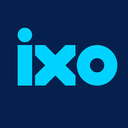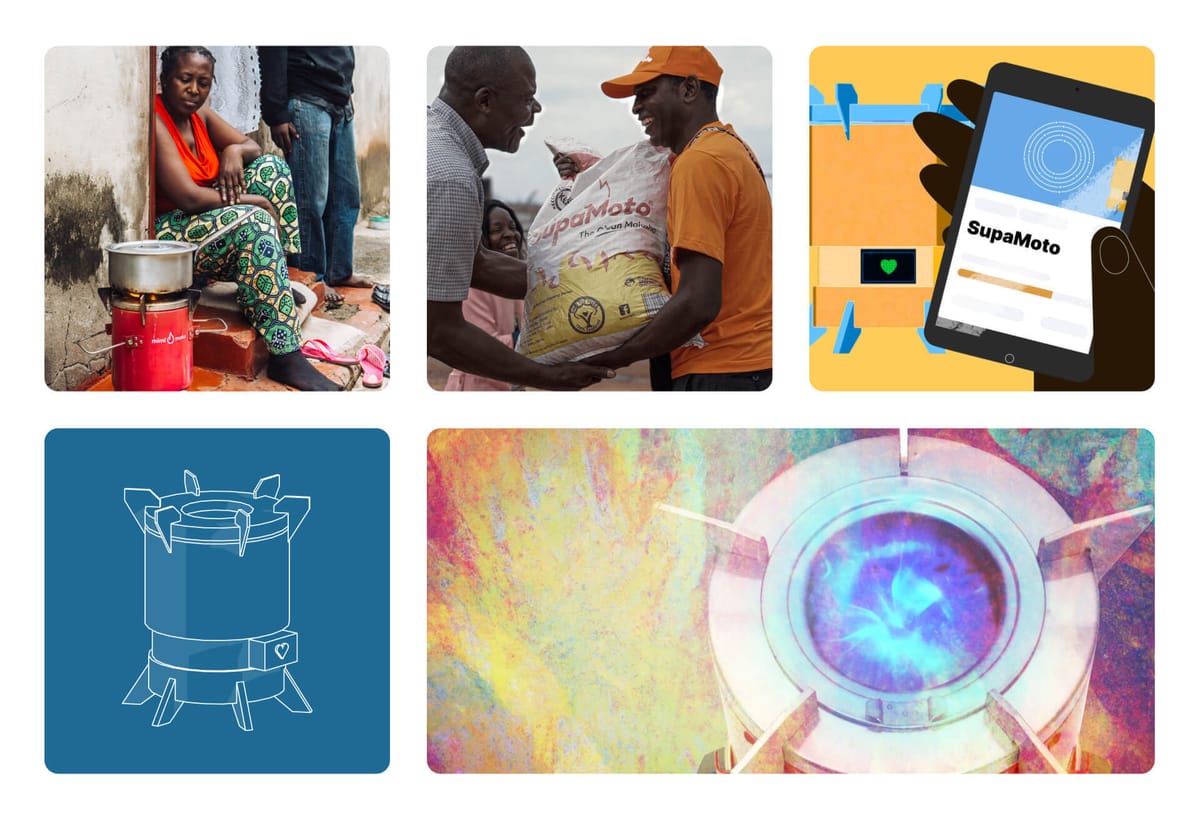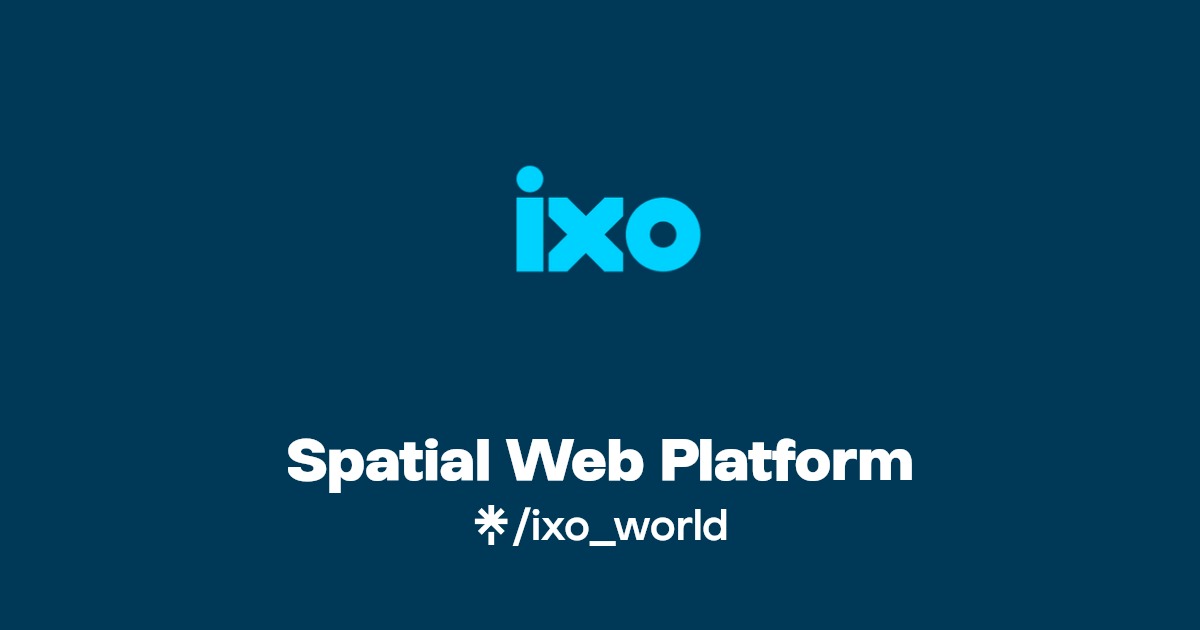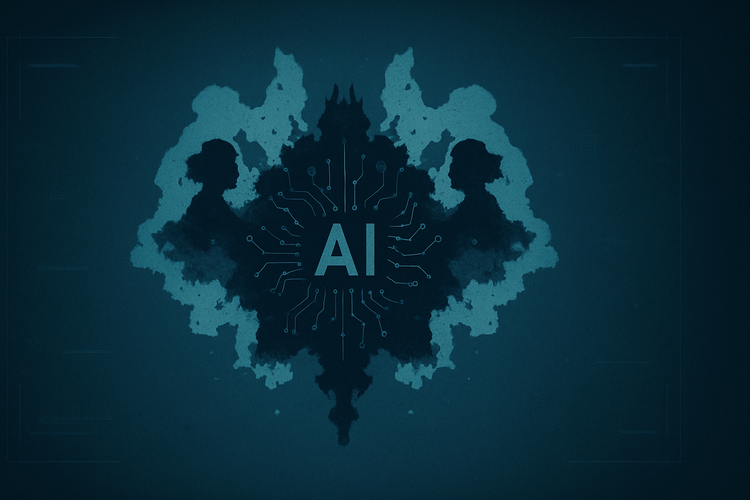
Imagine your organisation without central committees, endless meetings, or opaque decision-making processes. Imagine instead a network of human and artificial intelligence agents working seamlessly together, governed by transparent rules encoded in software. Imagine that this organisation autonomously verifies every transaction, every claim, and every outcome in real-time, enhancing trust and radically increasing efficiency. This is no longer a vision of the distant future—it’s here today, and we call these new forms of intelligent organisations Programmable Organisational Domains, or PODs.
Traditional organisations - whether businesses, nonprofits, or government agencies—face challenges in responsiveness, transparency, and adaptability, particularly when tackling complex global issues like sustainable development and climate change. PODs offer a powerful new model to address these limitations by combining the decentralised governance mechanisms of blockchain with agentic artificial intelligence (AI).

At IXO, we’ve spent over a decade building the foundational technology to enable these intelligent, autonomous entities. PODs operate within the IXO Spatial Web Stack, integrating decentralised identifiers (DIDs), secure data storage, predictive oracles, and cognitive AI agents to create organisations that are not just decentralised but genuinely intelligent.
Take, for instance, a Research POD focused on climate science. Researchers from around the globe collaborate without institutional barriers, using decentralised funding mechanisms and shared datasets. Every contribution—whether it’s a research paper, a dataset, or peer review—is automatically verified and transparently credited through immutable blockchain records. This radically accelerates scientific discovery and innovation, fostering trust and encouraging openness in tackling critical global issues.
Or consider a Governance POD managing climate initiatives in a major city. Rather than relying on bureaucratic processes, decisions are made via secure digital voting platforms, with policies automatically enacted through smart contracts. This enables real-time responses to environmental data, such as automatically deploying emergency resources when sensors detect flooding. Such a model significantly improves transparency and accountability, ensuring governance aligns more closely with the real-time needs of communities.
An Energy POD transforms traditional utilities into dynamic, resilient networks powered by blockchain-enabled peer-to-peer trading. Residents produce and sell renewable energy directly to their neighbors, dramatically reducing reliance on centralised grids and intermediaries. Smart contracts autonomously manage transactions and verify renewable generation, instantly rewarding clean energy producers and incentivising further investment in sustainability.
PODs are fundamentally different because they treat AI agents as first-class members, fully integrated into the organisation’s decision-making and operations. This means routine processes—like verifying carbon credits or managing supply chains—can be performed autonomously by trusted AI services, freeing human members to focus on strategic, creative, and higher-order decisions.

Critically, the governance in PODs isn’t merely decentralised—it’s intelligent. Protocol Domains within the IXO software define standard operating procedures as executable code, ensuring that processes like impact verification, resource allocation, and compliance checks happen consistently and transparently. Decisions are supported by real-time data and predictive analytics, and because every action is recorded on-chain, PODs offer unprecedented accountability.
The implications of adopting PODs are profound. Organisations gain speed, transparency, and adaptability, enabling rapid responses to challenges and opportunities. For sustainable development and climate impact in particular, this could mean mobilising global communities for coordinated action, dramatically increasing the efficiency of resource allocation, and improving the reliability of impact reporting.
Real-world examples already show us what’s possible. Projects like GreenClimateDAO are pioneering new climate finance models through decentralised governance and tokenised carbon credits. The Brooklyn Microgrid demonstrates how Energy PODs can decentralise electricity trading. Nestlé’s blockchain pilots illustrate how supply chains can achieve radical transparency. These early adopters provide clear signals of a transformative shift underway.
For organisational leaders and startup founders, PODs represent more than technological innovation—they herald a new paradigm in organisational design and governance. By adopting this model, leaders can position their organisations at the forefront of sustainability, transparency, and agility, ready to tackle the complex challenges of our rapidly changing world.
This is not about incremental improvements; it’s about fundamentally rethinking what an organisation can be. PODs enable us to build trust at scale, optimise collective intelligence, and achieve unprecedented impact. The tools and frameworks developed at IXO are here to accelerate this transition, empowering leaders to reshape their organisations—and the world—for the better.
Connect with IXO World









